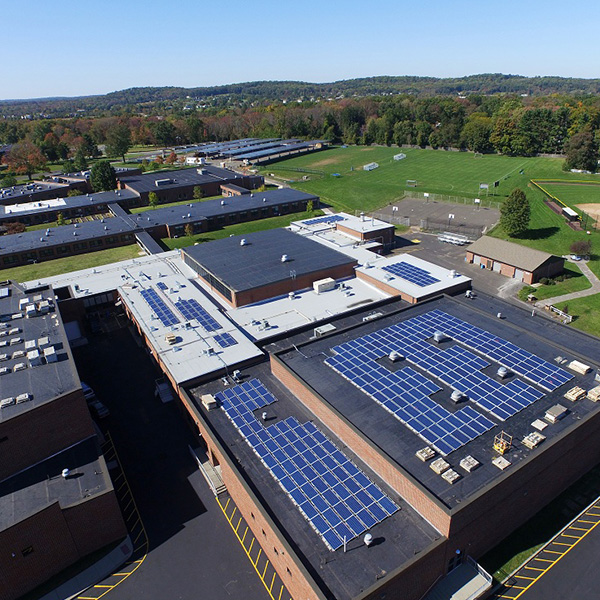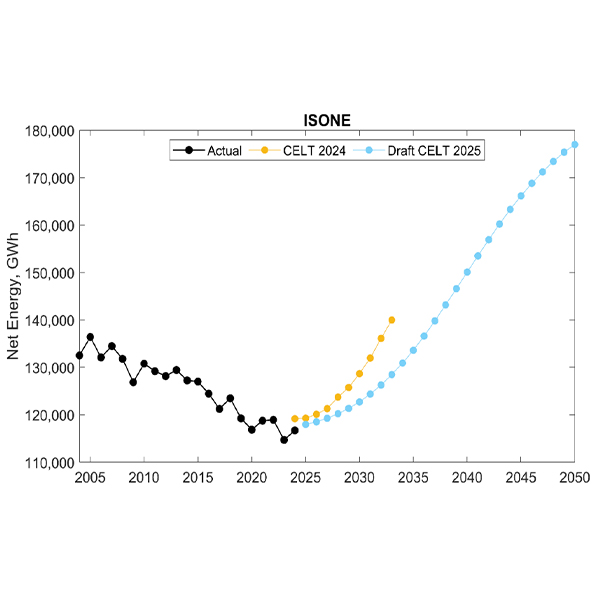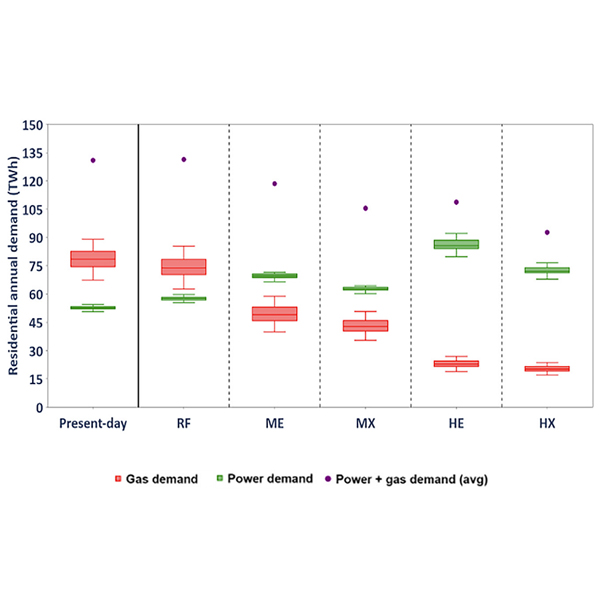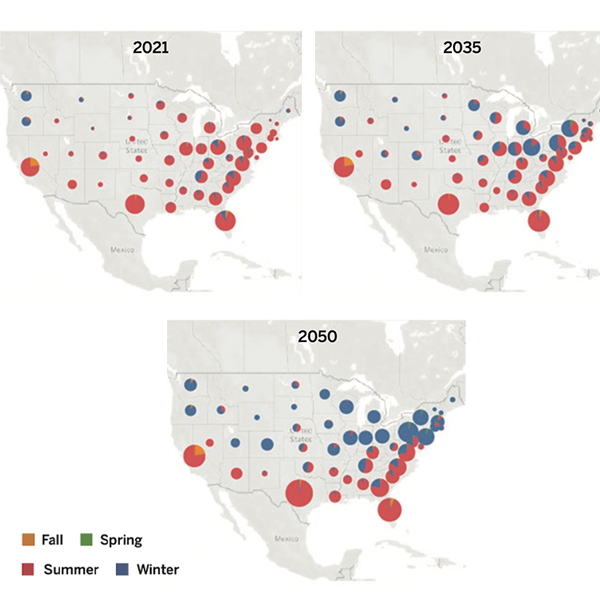building electrification
The California PUC approved a request to cancel Pacific Gas and Electric’s contract with California State University, Monterey Bay to convert hundreds of the university’s residential units from gas and electric service to all-electric service.
The New Jersey Board of Public Utilities is looking to stimulate energy-efficient construction with a new program that offers a simpler incentive application process and incentives of up to $2.50/square foot of construction.
New Jersey's latest draft investment plan for its Regional Greenhouse Gas Initiative funds would broaden the state's portfolio to include electrifying multifamily housing and accelerating investment in wind and solar infrastructure.
New York’s major utilities and its energy development entity have been cleared to administer $5 billion for energy efficiency and building electrification through 2030.
Time-of-use electricity rates could save Massachusetts ratepayers with electrified heating hundreds of dollars each year per household, according to a report.
As part of a major overhaul of its annual load forecasting process, ISO-NE has significantly scaled back its electrification forecast for electric vehicles and heat pumps.
While heating electrification in New England is poised to drive major increase in peak demand, electrifying about 80% of households could reduce the combined cost of the region’s electric and gas systems by 21 to 29%, according to a new study.
The new report argues that discussions about building electrification largely leave out one key issue: how to prepare the grid for the higher demand and new consumption patterns associated with the shift.
A new Berkeley Lab report finds that a combination of aggressive demand and supply side measures could slash greenhouse gas emissions in the building sector 91% below 2005 levels by 2050.
New Jersey has enacted a package of new construction incentives worth up to $5.25 per square foot for new residential and nonresidential construction.
Want more? Advanced Search










